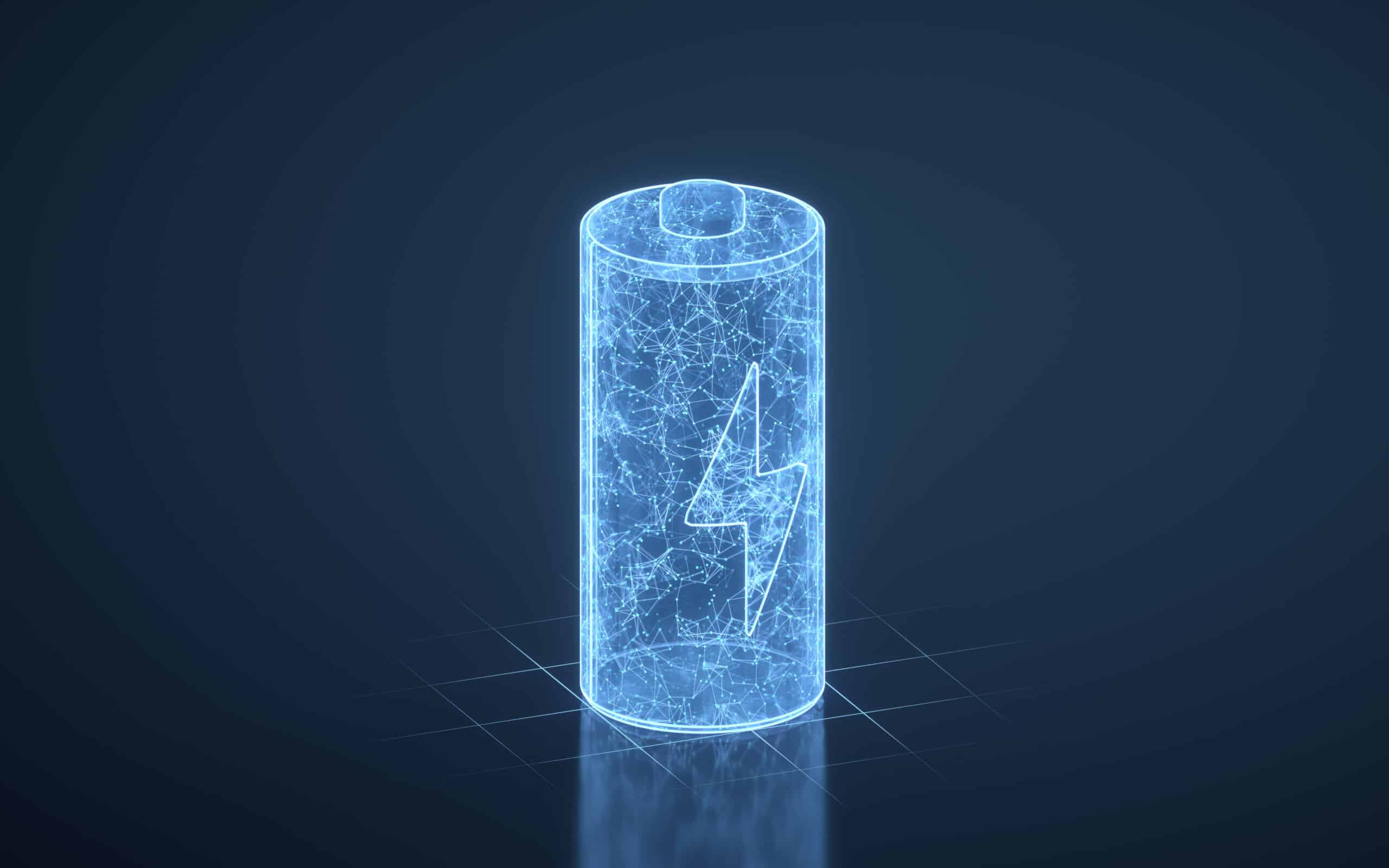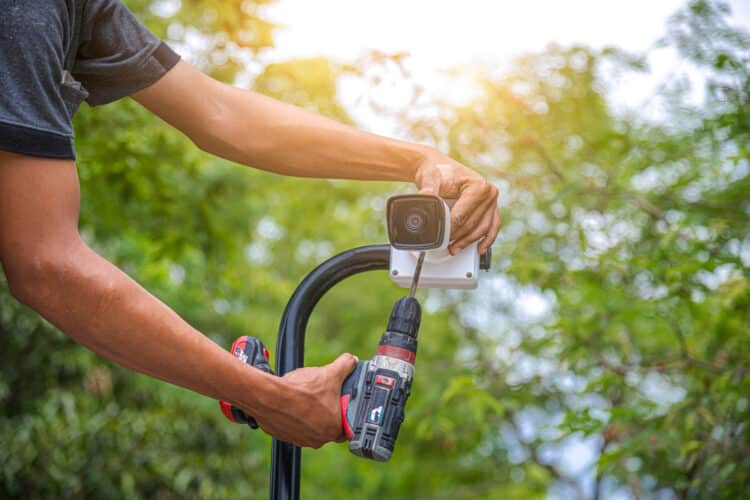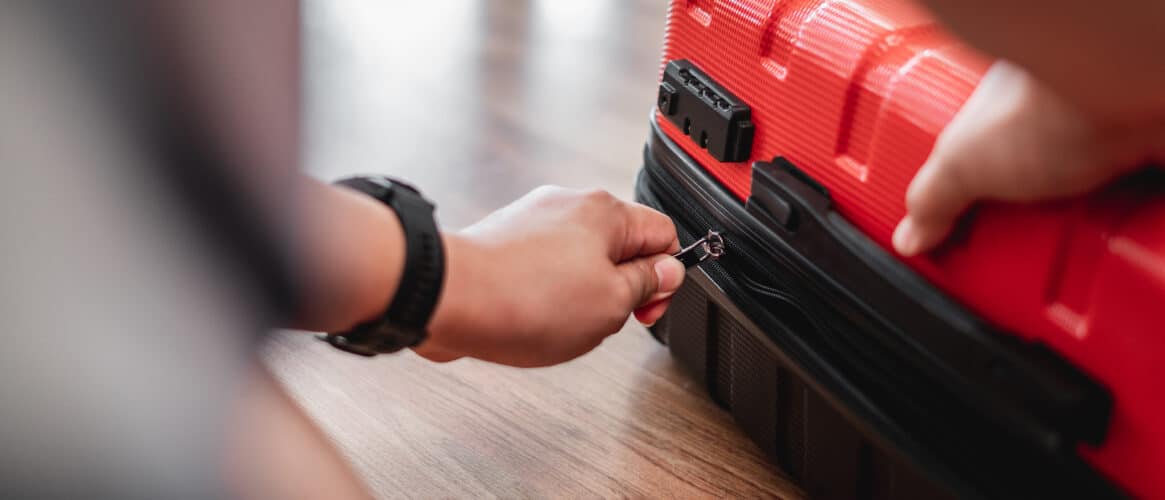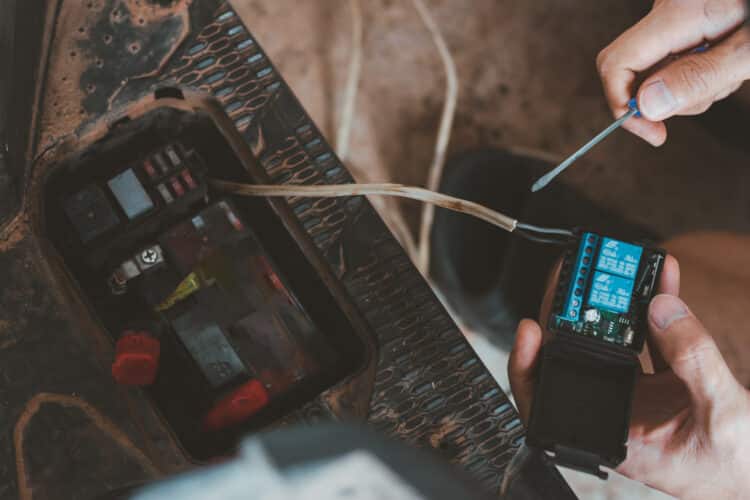Why is my lithium battery not holding a charge?
Key Takeaways
- Insufficient voltage from the charger can cause a lithium battery to not hold a charge.
- Overheating of the battery or charger can also lead to a lithium battery not holding a charge.
- Faulty or damaged charging cables/ports can contribute to a lithium battery not holding a charge.
If you’ve noticed that your lithium battery is not holding a charge as it should, there could be several reasons behind this issue. In this article, we will explore the common causes of a lithium battery not holding a charge and provide you with some troubleshooting tips to help you resolve the problem.
Insufficient Voltage from the Charger
One of the possible reasons for a lithium battery not holding a charge is insufficient voltage from the charger. It is important to ensure that the charger you are using is providing the correct voltage output for your specific lithium battery. Using a charger with the wrong voltage can result in inadequate charging and a decreased battery lifespan.
Overheating of the Battery or Charger
Another common cause of a lithium battery not holding a charge is overheating of the battery or charger. Charging a battery in high temperatures or exposing it to direct sunlight can lead to overheating, which can degrade the battery and affect its charging capacity. It is recommended to avoid charging the battery in high temperatures and ensure proper ventilation during the charging process.
Faulty or Damaged Charging Cables/Ports
Faulty or damaged charging cables or ports can also contribute to a lithium battery not holding a charge. Inspect the charging cables and ports for any signs of damage, such as frayed wires, loose connections, or corrosion. Using a different charging cable or port can help determine if the issue lies with the cable or port itself.
Battery Protection Mechanisms
Lithium batteries are equipped with built-in protection mechanisms to prevent overcharging, deep discharge, and other potentially damaging situations. If the battery detects any abnormal conditions, it may automatically stop charging or limit the amount of charge it can hold. This can occur when the battery is nearing the end of its lifespan or if there is a malfunction in the protection circuitry. In such cases, replacing the battery may be necessary.
Troubleshooting Steps
If you are experiencing issues with your lithium battery not holding a charge, here are some troubleshooting steps you can follow:
- Check the charger and power source to ensure they are functioning properly.
- Inspect the battery for any physical damage, swelling, or corrosion on the contacts.
- Check the connections between the battery and charger to ensure they are secure and free from debris.
- Make sure you are using a charger with the correct voltage output for your specific lithium battery.
- Avoid charging the battery in high temperatures or direct sunlight to prevent overheating.
- If all troubleshooting steps fail, seek professional assistance or contact the manufacturer for further guidance.
Tips for Extending the Lifetime of Lithium-ion Batteries
Proper maintenance and care can help extend the lifetime of your lithium-ion batteries. Here are some tips to keep in mind:
- Avoid temperature extremes, both high and low, when using or storing lithium-ion batteries.
- Minimize exposure to low temperatures, especially when charging.
- Minimize the amount of time the battery spends at either 100% or 0% charge.
- Consider using a partial charge that restores the battery to 80% state of charge.
- Avoid using “fast chargers” as they can degrade the battery more quickly.
- Lower screen brightness, turn off location services, and quit high-power-use applications to slow the discharge rate.
- Avoid storing batteries in the charger or running down the battery completely.
- Avoid use or storage of lithium-ion batteries in high-moisture environments and avoid mechanical damage.
- Follow manufacturer’s instructions and guidelines for the specific device or battery.
Conclusion
When a lithium battery is not holding a charge, it can be frustrating and inconvenient. However, by identifying the possible causes and following the troubleshooting steps mentioned in this article, you can often resolve the issue and extend the lifespan of your battery. Remember to handle and store your lithium batteries properly, and follow the manufacturer’s instructions to ensure optimal performance and longevity.
Related Websites:
- Lithium Battery Not Charging – LiTIME
- Why is my battery not holding its charge? – BatteryGuy
- Why Isn’t Your Lithium Battery Charging? Troubleshooting Common Issues – REDWAY Technology
- Tips for Extending the Lifetime of Lithium-ion Batteries – University of Michigan News
- Five tips for extending lithium-ion battery life – TechRepublic
FAQs:
Q: Why is my lithium battery not holding a charge?
There can be several reasons why a lithium battery may not hold a charge. Some common factors include battery degradation due to age, exposure to extreme temperatures, overcharging or overdischarging, and the possibility of the memory effect in older battery technologies. It is important to properly care for and use your battery to ensure optimal performance.
Q: How do lithium batteries degrade over time?
Lithium batteries degrade over time due to chemical reactions occurring within the battery cells. As the battery ages, its capacity decreases and it becomes harder to hold a charge. The typical lifespan of a lithium battery is around 2-3 years, but this can vary depending on usage and environmental factors.
Q: What impact do extreme temperatures have on lithium batteries?
Extreme temperatures, both hot and cold, can negatively affect the performance of lithium batteries. High temperatures can cause the battery to degrade faster, while extremely cold temperatures can reduce its capacity temporarily. It is best to use and store lithium batteries within the optimal temperature ranges recommended by the manufacturer.
Q: What is overcharging and overdischarging, and how do they affect lithium batteries?
Overcharging refers to charging a battery beyond its capacity, while overdischarging occurs when the battery is discharged too much. Both practices can damage lithium batteries, leading to decreased performance and capacity. It is important to use proper charging techniques, follow the manufacturer’s recommendations, and avoid fully discharging the battery whenever possible.
Q: Are lithium batteries susceptible to the memory effect?
No, lithium batteries are not susceptible to the memory effect phenomenon that older battery technologies experienced. However, it is still beneficial to periodically fully charge and discharge lithium batteries to maintain their optimal performance.





